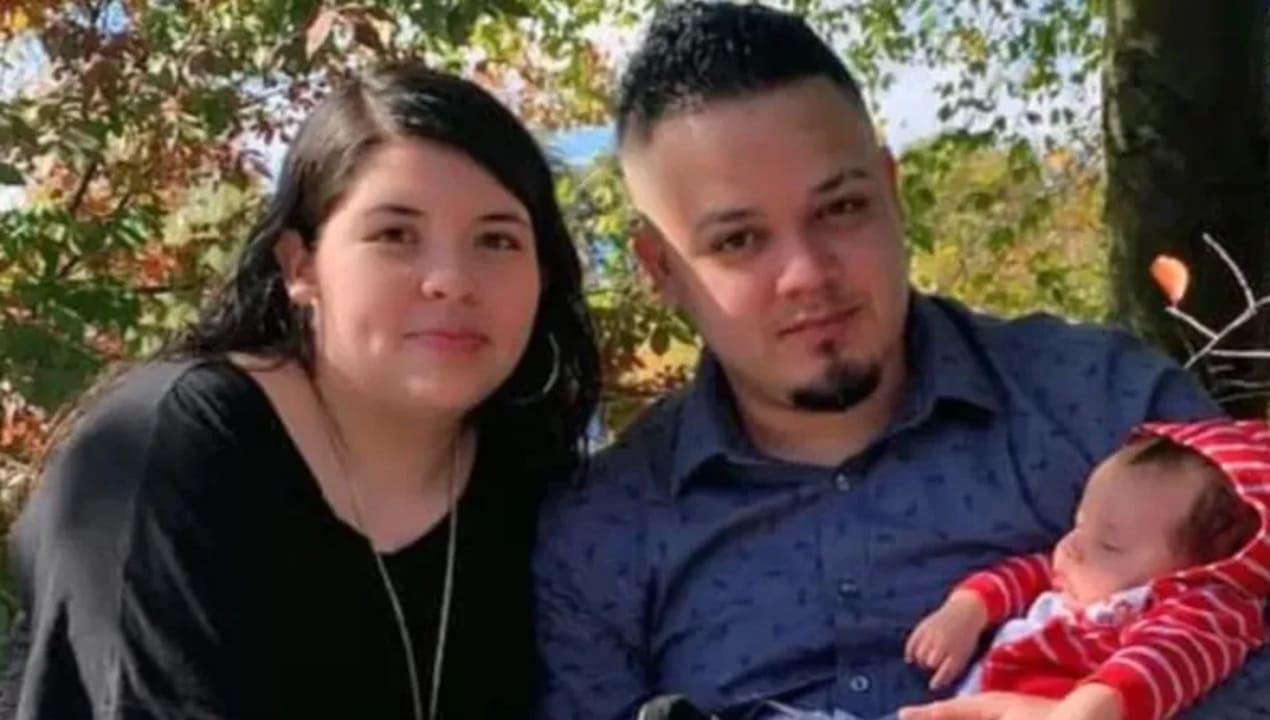
Independent Report – Kilmar Abrego, a migrant whose wrongful deportation to El Salvador turned him into a prominent example of former President Donald Trump’s strict immigration policies, was released from criminal custody in Tennessee on Friday. His release was witnessed by reporters, and hours later, video footage posted on X by WJLA television showed Abrego arriving at a family residence in Maryland. There, he was warmly welcomed by relatives with hugs and chants in Spanish, declaring, “Yes we could!”
Kilmar Abrego’s story has become a significant legal and political case. The 30-year-old was deported to El Salvador in March despite a 2019 ruling by an immigration court that explicitly prohibited. His removal due to the serious risk of persecution from violent gangs in his home country. Even after that court decision, U.S. authorities carried out his deportation, which they later described as an “administrative error.” His case quickly drew national attention when the Trump administration made no immediate efforts to reverse the mistake. Despite a federal judge’s directive that Abrego be returned. Eventually, he was flown back to the United States in June, but rather than being set free. He was placed in criminal custody on charges related to transporting undocumented migrants.
Also Read : Michael Faulkender Leaving Trump as Deputy Secretary
Although Abrego is now temporarily free, his legal troubles are far from over. Immigration officials may still detain him and initiate new deportation proceedings. Which could once again place him at risk of being sent abroad. His attorneys have filed strong objections, arguing that prosecutors targeted him unfairly in retaliation for his decision to file a lawsuit contesting his unlawful deportation. Abrego has pleaded not guilty to the charges, and his defense team has asked Nashville-based U.S. District Judge Waverly Crenshaw to dismiss the case entirely.
Judge Crenshaw, after reviewing the matter, agreed with a ruling by U.S. Magistrate Judge Barbara Holmes, who previously found that Abrego did not pose a danger to society nor a risk of fleeing. Holmes approved his release from pre-trial custody but postponed it for a month after Abrego’s defense attorneys raised concerns. They feared that once he was released from criminal detention, immigration authorities would quickly step in, detain him again. And also possibly send him to a third country without giving him the opportunity to challenge that decision.
To address those fears, U.S. District Judge Paula Xinis in Maryland, who is handling Abrego’s civil lawsuit against the government, issued an important order. She required that officials provide Abrego’s lawyers with at least three days’ notice before attempting to deport him to any country other than El Salvador. This measure was intended to give his legal team enough time to respond and potentially block his removal.
Abrego had been living in Maryland with his wife, their young child, and two of her children before his deportation earlier this year. Following his recent release from Tennessee, his lawyers arranged for private security to safely transport him back to Maryland. There, he is expected to remain under strict pre-trial supervision, including home confinement with electronic monitoring. This arrangement ensures that he will continue to be under government oversight while still allowing him to be reunited with his family.
Despite these legal protections, the uncertainty surrounding his future remains troubling. According to a report by Fox News, the U.S. government recently informed Abrego’s legal team that he was scheduled to be deported to Uganda within days. He was also instructed to appear at a federal building in Baltimore on Monday. These claims were reportedly based on documents from U.S. Immigration and Customs Enforcement, although neither ICE nor Abrego’s attorneys responded to Reuters’ requests to verify the authenticity of those documents.
The ongoing battle over Abrego’s case highlights the complex intersection of immigration policy. Human rights, and due process in the United States. His wrongful deportation, subsequent return, and the looming threat of removal to a third country have sparked debates about accountability and fairness in immigration enforcement. For now, Abrego remains with his family, but the shadow of another deportation attempt still hangs over him. His lawyers continue to fight in court to secure his right to remain in the country, emphasizing that he deserves legal protection rather than repeated cycles of detention and forced removal.
Also Read : Burna Boy: How Music Saved Me From Crime and a Wayward Life